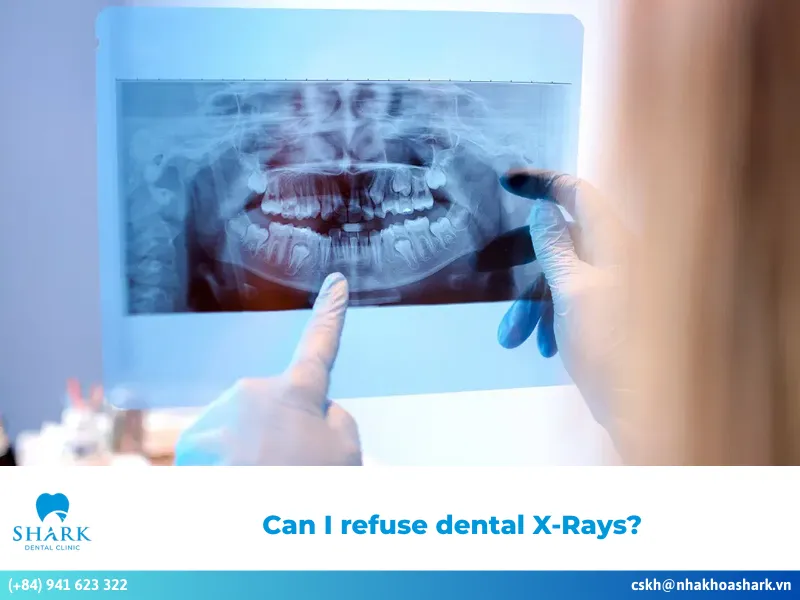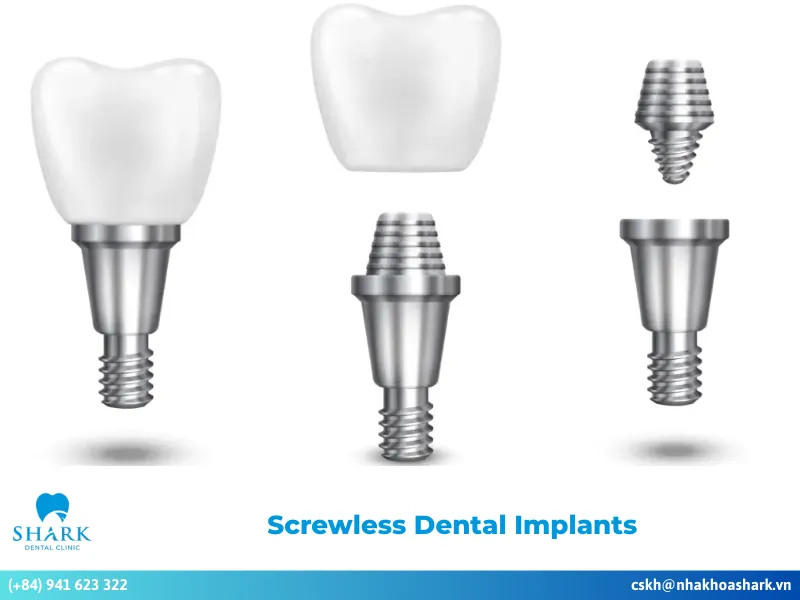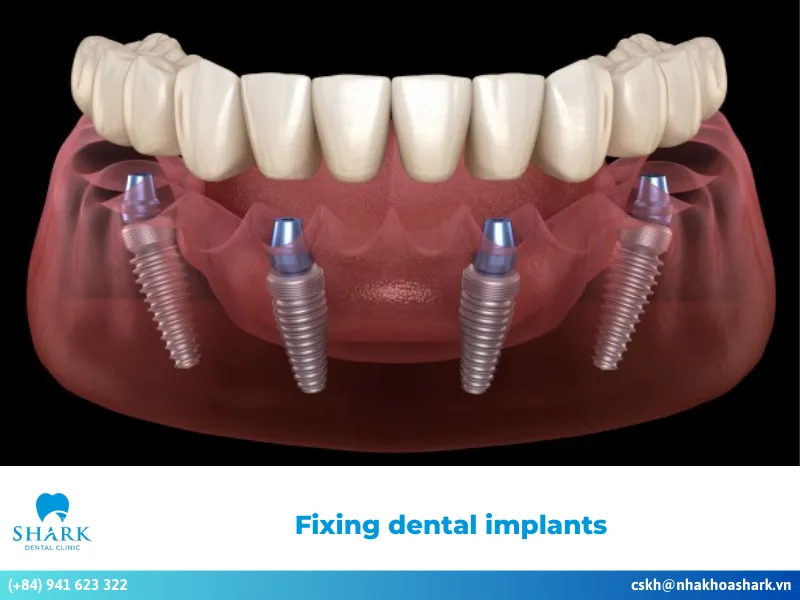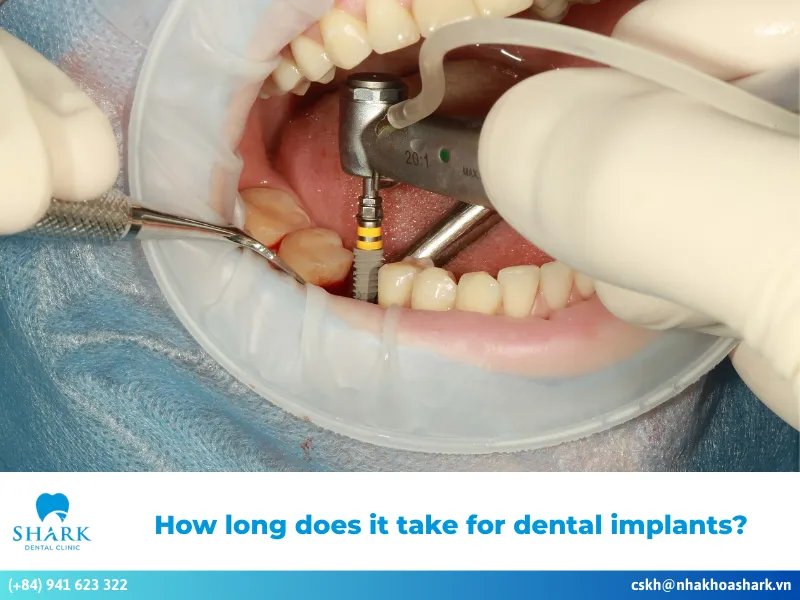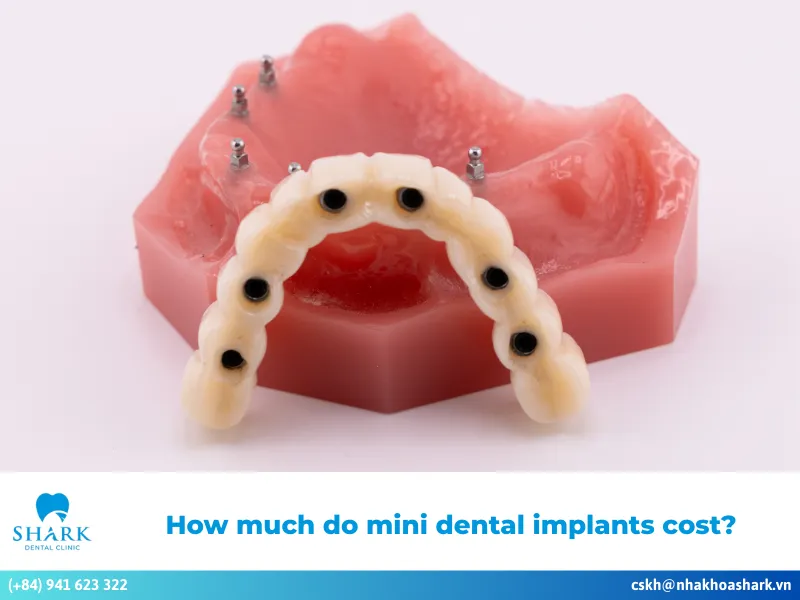Root canal treatment is necessary when the dental pulp is severely infected or irreversibly damaged. However, some patients may unfortunately experience a bad taste in mouth after root canal, often leading to significant discomfort. So, what causes this condition, how can you manage it, and when should you consult a dentist for appropriate treatment? Let’s explore the answers below!
What is a bad taste in mouth after a root canal?
Some patients may experience a bad taste in their mouth after undergoing root canal treatment. This condition can stem from medication side effects, dry mouth, acid reflux, or leftover dental materials. The unpleasant taste can hinder enjoyment of food, causing a loss of appetite and, over time, physical weakness.
In most cases, the bitter or bad taste fades within 2–3 days after the root canal if patients maintain good oral hygiene habits and a healthy diet. However, if the taste persists and starts to interfere with daily activities, it’s important to contact your dentist for a proper evaluation and treatment.
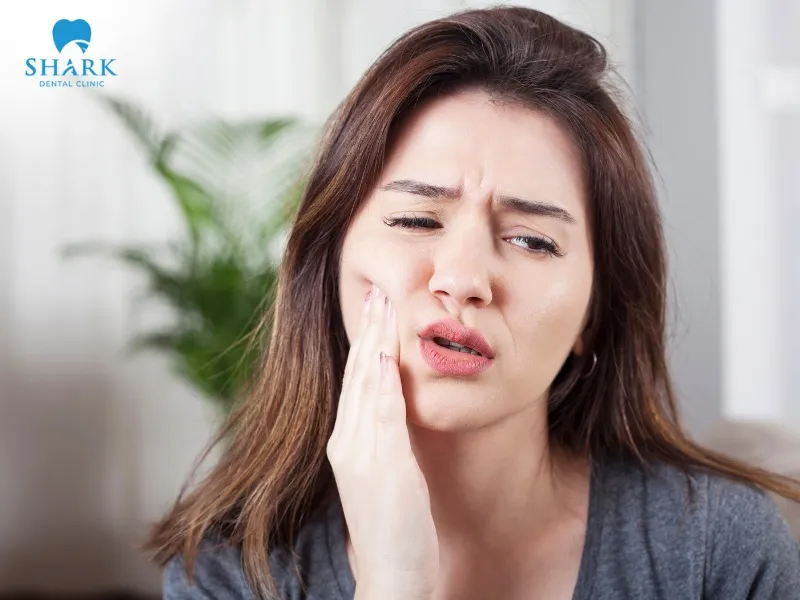
Common causes of bad taste
A bad taste in the mouth after a root canal can result from several factors, including:
- Dental materials: During root canal treatment, dentists use materials to seal the root canal, as well as disinfectants like sodium hypochlorite to prevent infection. If these materials are not thoroughly cleaned, they can leave a bitter taste or unpleasant odor in the mouth.
- Side effects of medication: Some pain relievers or antibiotics prescribed after a root canal may produce root canal treatment side effects, including a bitter or metallic taste. This is a common and temporary condition that typically improves rapidly with good oral hygiene and care.
- Physiological response of the body: After the pulp is removed from the canal, the body may release fluids as a defensive mechanism against infection. These fluids can alter taste perception, causing some patients to experience mild bitterness in their mouths after the root canal.
- Oral hygiene habits: After a root canal, the treated tooth may be more sensitive than usual, which might lead some patients to avoid thorough brushing. Poor oral hygiene can allow bacteria and plaque to accumulate, resulting in bad breath and a lingering bitter taste.
- Reinfection: In certain cases, the filling used during root canal treatment may not completely seal the canal, allowing bacteria to re-enter and cause infection. This can lead to a persistent bad taste in the mouth.
Depending on the underlying cause of the bad taste after root canal treatment, your dentist will assess the situation and provide an appropriate treatment plan to ensure safety and prevent potential complications.
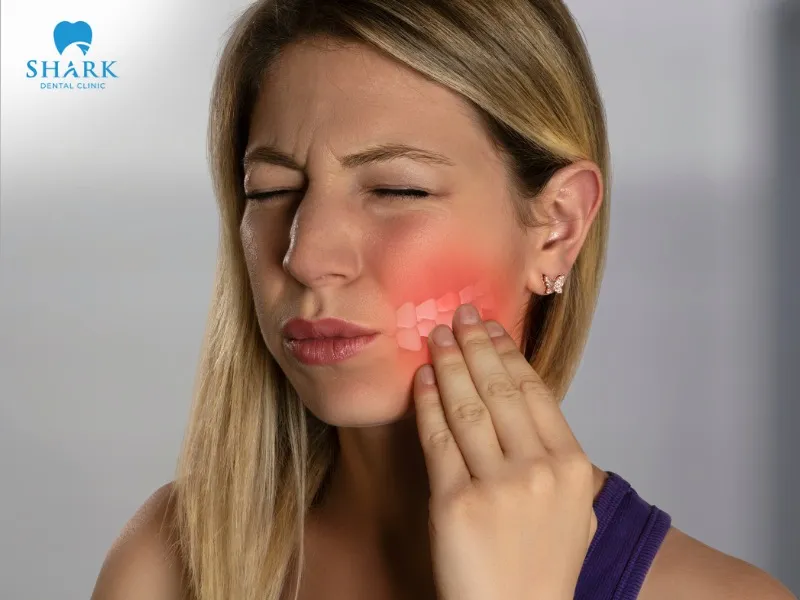
How to overcome bitter taste in mouth after root canal treatment?
A bad taste in your mouth after a root canal can often be improved or completely eliminated by identifying the exact cause and following your dentist’s instructions carefully. Here are some effective strategies to help:
- Maintain oral hygiene: It’s crucial to take care of your teeth at least 2–3 times each day after a root canal. Use a soft-bristled toothbrush and brush gently around the treated tooth. Complement brushing with mouth rinses and dental floss to thoroughly remove plaque and bacteria.
- Rinse with warm salt water: Rinsing with warm salt water can provide anti-inflammatory and antibacterial benefits. This solution helps soothe inflamed tissues while reducing bitterness and bad breath. Simply dilute salt in warm water and rinse your mouth 2–3 times daily after the procedure.
- Stay hydrated: Drinking plenty of water supports overall health and helps cleanse the mouth by washing away bacteria and leftover chemicals from treatment. Staying hydrated can also help reduce dry mouth, which is a common cause of taste disturbances.
- Use herbal mouthwash: Consider using herbal mouthwashes that contain mint or chamomile, as they offer antibacterial effects and can effectively improve bad breath and bitterness in your mouth.
- Re-sealing the tooth: If the unpleasant taste persists due to a poorly sealed filling, schedule a visit to a reputable dental clinic for an examination and possible re-sealing of the root canal. Once the canal is fully sealed, the bitterness should improve, and the risk of reinfection will be minimized.
How long does a root canal take to heal? Generally, it takes about 5–7 days for tissues to heal and for taste disturbances to improve after a root canal. Maintaining a balanced diet and a healthy lifestyle can help strengthen your immune system and keep your teeth strong and healthy.

When to contact your dentist?
While a bad taste in the mouth after a root canal is relatively common and usually resolves on its own, contact your dentist if the condition persists and interferes with your ability to eat or carry out daily activities. Seek professional help in the following situations:
- If the bad taste or dry mouth lasts longer than 1–2 weeks without improvement, even with good oral hygiene and rinsing.
- If the bitterness is accompanied by persistent bad breath, unusual white discharge, or pus in the mouth—these specific symptoms could be crucial signs of a dental abscess, and even potentially an abscess after root canal, requiring immediate professional dental attention.
- If you experience additional symptoms, such as tooth pain, gum swelling, redness, or a high fever—these are typical warning signs of a spreading infection.
Additionally, if the bad taste is due to residual dental materials or an improperly sealed root canal filling, it’s important to visit your dentist for re-examination and corrective treatment for your safety.

Although a bad taste in mouth after root canal is uncommon, it can result from medication side effects, filling materials, or reinfection. Identifying the exact cause allows for proper management and prevention. Hopefully, this information helps you better understand this condition and take the right steps to care for your teeth.
>>> See more: Can I drive after a root canal?





